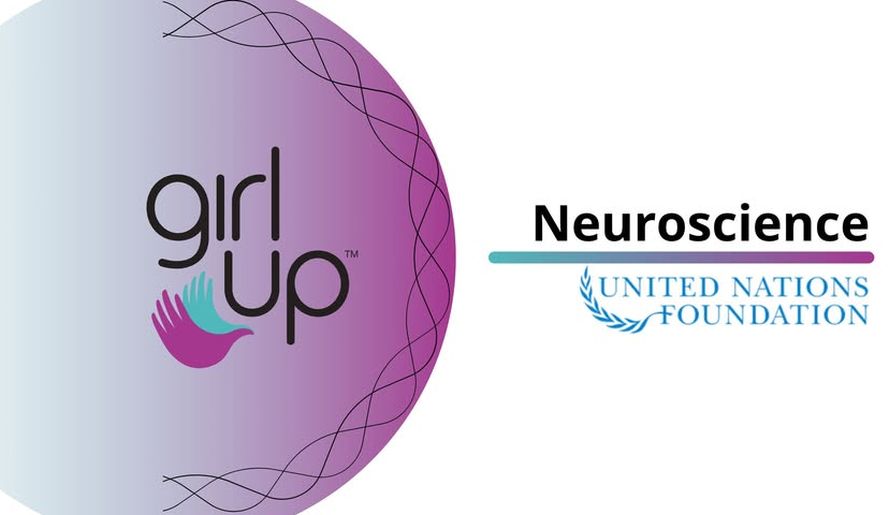The undergraduate education system in Romania
Despite seeing many changes in the last 20 years, the Romanian undergraduate system has often been criticised.
Ana-Maria Cononovici, 31.07.2013, 12:55
In Romania, private schools account for less than 1% of the total number of schools. The first such schools were created in 1995, so they are not a strong competitor for the public education system. The state system has been struggling with many logistics and staffing problems. There are not enough classrooms, hygiene standards are not met, especially in the countryside, teachers have very low salaries, which results in lots of vacancies or the selection of poorly qualified teachers.
In spite of all these flaws the undergraduate education system in Romania meets the needs of students in terms of the school offer: communication in their mother tongue, minority languages included, as well as the teaching of the skills required for social integration, such as using a computer.
At international level Romania is falling towards the bottom of a classification based on the PISA tests introduced by the Organization for Economic Cooperation and Development (OECD) in 1997 for a comparative evaluation of the skills acquired by the 15-year olds from several countries. Although highly criticised, the results of the PISA tests raise the issue of quality in education. Remus Pricopie, the education minister warns.
Remus Pricopie: “If we don’t weigh what we do and why we do this or that, and the value of our actions within the education system, we cannot get results. Of course, classifying countries according to the PISA tests is not like the Academic Ranking of World Universities. PISA is much simpler: if a student cannot read and interpret a text and make calculations at a certain age, which means the system is highly flawed. But one could argue that even if students cannot read and interpret a text, they still have other skills, for instance they can use computers. I believe that PISA, with all reservations, should be considered at least one of the quality indicators of the education process in all countries, Romania included. So we know that our position in this ranking is not good.”
In spite of the drive for change prompted by these conclusions, Remus Pricopie seems interested in a more in-depth analysis.
Remus Pricopie: “We shouldn’t focus on overnight changes. When it comes to quality, we need to know what a teacher thinks about this concept. We must start from the current reality. There is no point in promoting a policy that has nothing to do with the outlook of teachers. There are hundreds of thousands of teachers in the system. So we should be interested not only in ensuring consistency in terms of what happens in schools, but also in creating values related to quality. So I suggest we should talk about integrated policies, because whenever we think about quality, we should think about teachers first. The quality of the teaching act essentially depends on the quality of the teacher. Only then come the labs, the classrooms, the buses, which are, of course, important. But the quality of teaching is first and foremost the quality of learning, from kindergarten to life-long learning. And the quality of teachers depends on how much you pay teachers, on how much you invest in teachers.”
A close observer of the Romanian education system for six decades, Romanian Academy member Solomon Marcus has identified other shortcomings as well. Beyond the need to solve the more practical problems of textbook and curriculum structures and of the teacher-student relationship, Solomon Marcus says the very goal of education seems to be misunderstood.
Solomon Marcus: “I think the object of education is inadequately defined. From what I read, I understand education is about acquiring knowledge and developing cognitive skills. I’m not saying this is not true, but it’s not the essential. I would replace this definition with another one: education is about developing understanding skills. I would replace knowledge with understanding, and I mean both understanding and behaviour in standard situations, and in unusual situations. The key concept here is to understand, not to know. I think we should start from the needs and rights of children, teenagers and youth. Because now we don’t take into account that one of the fundamental needs of children is to understand. Kids also need a correlation between effort and reward. And here we must also keep in mind children’s right to make mistakes without being punished. And there is also their right to play. What I see as a failure is our approach to the greatest game, that of learning and of creating, with the right to make mistakes and fall short.”
Schools can be rebuilt, classrooms can be redecorated, and textbooks can be re-printed. What we really need is to encourage children’s interest in education and to make them aware of its importance, so that the desire to know more may come natural to our youngsters.






























